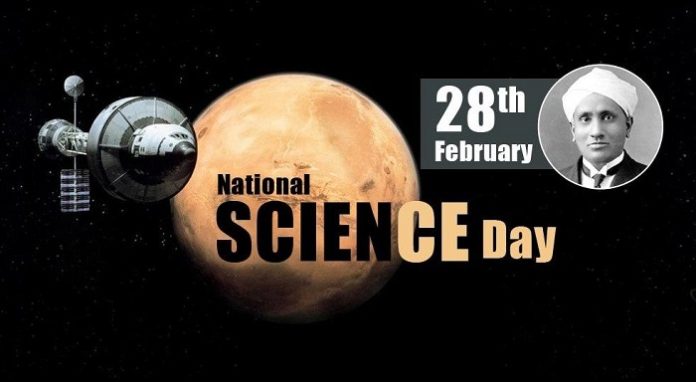Dr. Priyali Shah – Lead Scientist, Nutrition and Claims, Tata Chemicals Innovation Center, Pune
 The motivating forces that led you to take to your educational and professional careers. What drove you to take up these respective fields?
The motivating forces that led you to take to your educational and professional careers. What drove you to take up these respective fields?
I realized my passion for nutrition in communities for health and well-being while working on various projects during my masters. While I did not always know it, growing deeper into the field, I realized we are only viewing the tip of the iceberg and need to do a lot more than what is being done till now on scaling up nutrition. I believe that Public-Private Partnerships has potential to play a large role towards this goal and it is not a single organisation’s job.
What were the challenges you faced from your educational career to your working life and how did you overcome them?
During my career developmental years, in one of the projects, I was required to look at nutrition perspectives of reproductive age group women and how it may have an impact on the foetal growth. In India, particularly in resource poor families. Interaction of pregnant lady in the said families with an external person was a big no, in particularly when it was about the health of the baby-to-be-born. No one was forthcoming to interact with me for the same, making it extremely challenging. So, I figured out a way to overcome this. I initiated engaging discussions with the head of the villages (Sarpanch) followed by the head of the households, convincing them how nutrition was very important across all life stages, pregnancy being very critical. And the concepts of DOHAD (Developmental Origins of Health and Disease), emphasizing the role of prenatal and perinatal exposure to environmental factors, such as undernutrition, in determining the development of human diseases in adulthood was helpful. All this was communicated in a very friendly, local language that was easily understood by all. This resulted in a snowball effect from one village to another that made my project successful. I learnt that challenges shall come at every stage; how we deal with them and pave through is what we learn as we grow. It is imperative to understand the challenging situations very carefully and look forward to the influential perspectives that will help us succeed. Running away or forcing to get things done may never be a sustainable way to deliver end goals
Any stories/anecdotes/instances that occurred in your life that merits retelling.
While working on a project way back between 2006–2011, I got an opportunity to look at scaling up nutrition through lifestyle management. This project involved engaging school management to conduct workshops to drive awareness among students about lifestyle diseases like obesity, diabetes, hypertension and heart problems along with their parents as well as the school faculties. Working along with my team, we secured corporate endorsements, engaged government policy makers and reached out to more than 120 schools spread across eight states, touching over a hundred thousand stakeholders. As it was a very successfully running project in India, our team was invited to present the same at the 7th Global Conference on Health Promotion, Nairobi, Kenya in 2009, and I got an opportunity to present the work and get it replicated across other resource poor nations. It was a moment of pride for me and my team.
As a woman have you faced any difficulties in your career from a male-dominated world?
Yes, in the early years of my career at one of the previous organizations, working late hours was a trend expected from female employees, indicating if men could why wouldn’t women employees. Maintaining a work life balance under such challenging circumstances was difficult, resulting in a grade (or two) below for career progression.
































